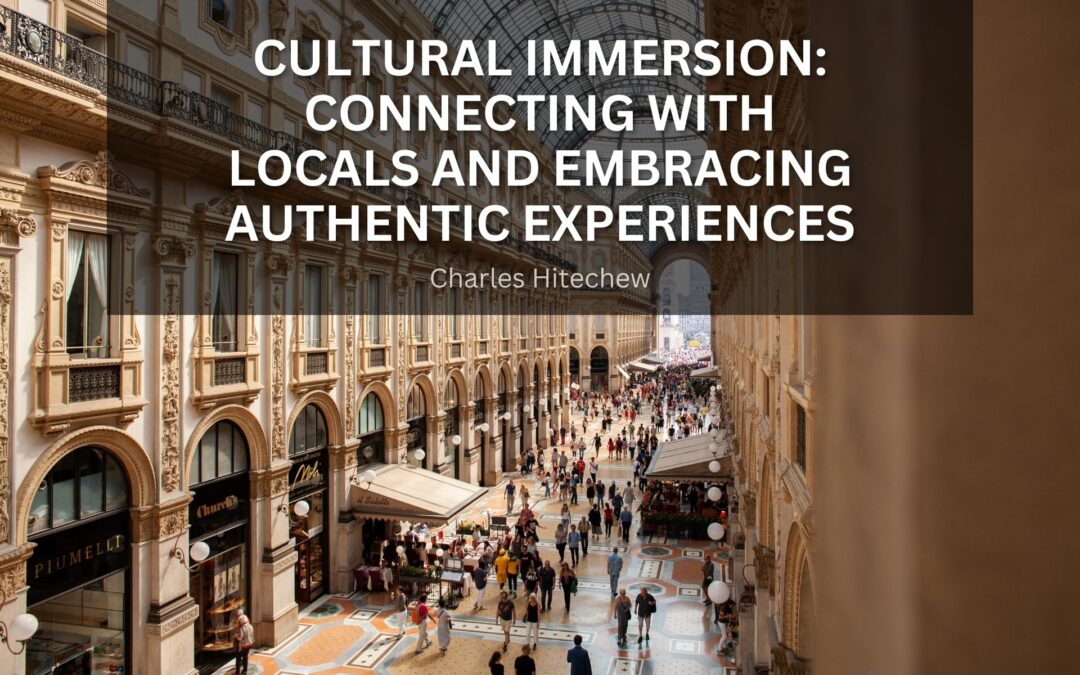The pursuit of authentic experiences when traveling has gained significant traction in recent years. Travel enthusiasts are increasingly drawn to immersing themselves in the cultures they visit, aiming to connect with locals and partake in genuine cultural encounters. This approach, known as cultural immersion, allows travelers to transcend the role of passive observers and become active participants in the places they explore.
Cultural immersion entails engaging with a destination’s people, customs, traditions, language, and way of life. By doing so, travelers seek to gain a deeper understanding and appreciation for the nuances that define a particular culture. One of the primary objectives is to establish genuine connections with the local populace, fostering mutual respect and understanding.
To effectively immerse oneself in a new culture, one must first open themselves up to the unfamiliar. This begins with shedding preconceived notions and being willing to embrace differences. By stepping out of one’s comfort zone and engaging with locals on their terms, travelers can break down barriers and establish meaningful connections.
Language often plays a pivotal role in cultural immersion. Learning a few basic phrases in the local tongue can go a long way in demonstrating respect and a genuine interest in the culture. Locals appreciate the effort, and it often leads to more meaningful interactions, enriching the overall travel experience.
Another aspect of cultural immersion involves participating in local activities and traditions. This might encompass joining in traditional dances, attending local festivals, or trying regional cuisine. Such activities enable travelers to see the world from a different perspective and develop a deeper appreciation for the customs and heritage of the host community.
Homestays and community-based tourism offer unique opportunities for cultural immersion. By staying with local families or in community-owned accommodations, travelers can experience daily life firsthand and forge authentic connections with the hosts. These interactions allow for a deeper understanding of the local way of life and provide a chance to contribute positively to the community.
Cultural immersion doesn’t merely benefit the traveler; it also contributes to the sustainable development of the destination. By engaging with local artisans, supporting indigenous businesses, and respecting the environment, travelers can help preserve the unique identity of the region they are visiting.
In summary, cultural immersion is a fundamental aspect of modern travel. It involves engaging with a new culture at a meaningful level, transcending the superficial to form genuine connections with the locals and embracing authentic experiences. Through this approach, travelers can foster a deeper understanding of diverse cultures and contribute to a more harmonious and interconnected world.

